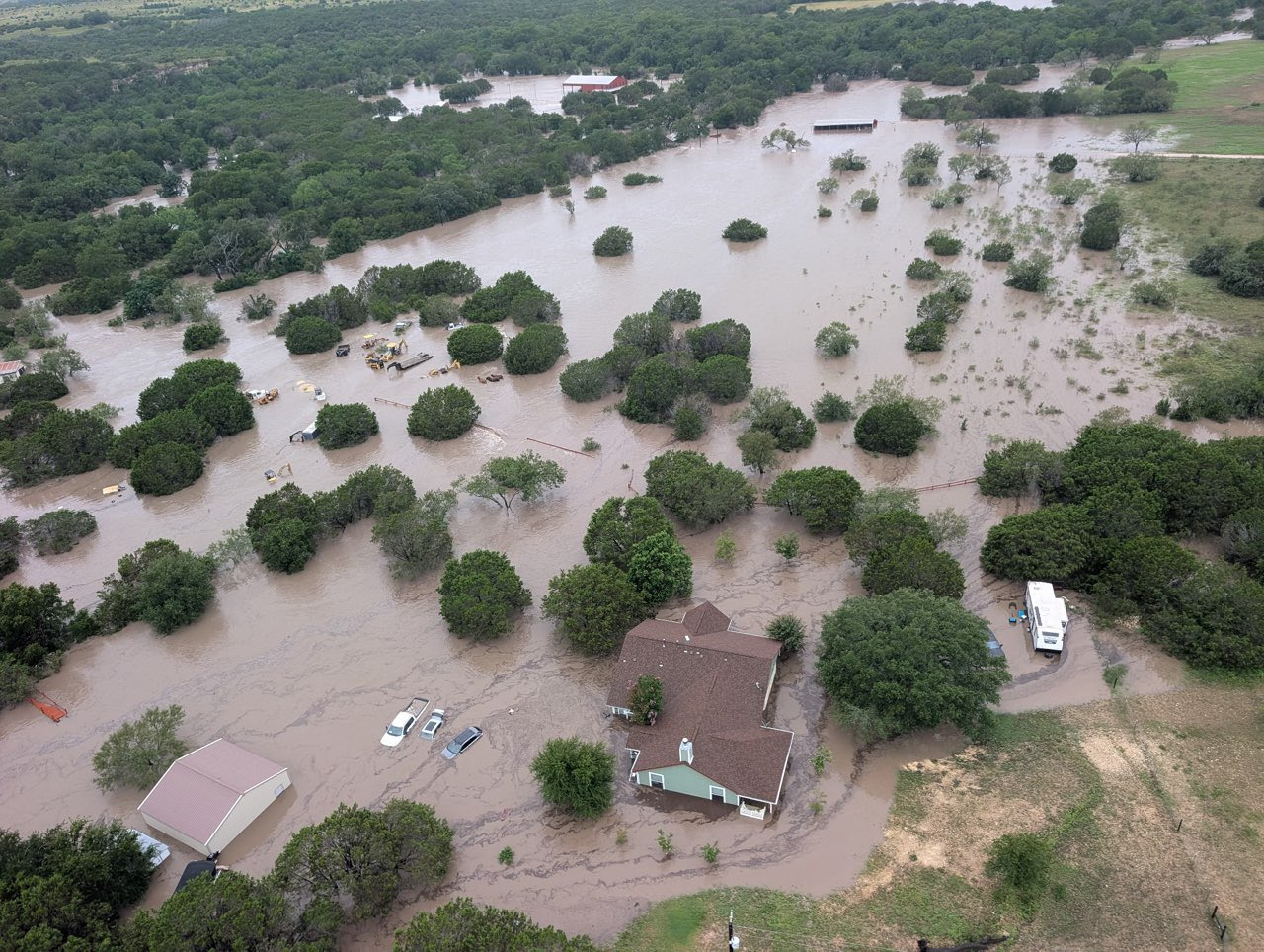
"In the past few weeks, flash floods have developed quickly, affecting both rural and urban areas, with impacts varying from mild to catastrophic."
"Some areas will never see disasters like wildfires, but few areas face zero risk of flash floods, emphasizing the necessity to study them rigorously."
"Flash floods require extra sensitivity in communicating risks since the impacts can differ significantly, ranging from minor flooding to a 30-foot wall of water."
"Kruczkiewicz's research emphasizes using climate and weather data to reduce disaster risk, particularly focusing on the dynamics of flash floods and their consequences."
Flash floods can rapidly escalate in urban and rural settings, leading to varying degrees of catastrophic impacts. Andrew Kruczkiewicz emphasizes that few areas are free from flash flood risk, making their study essential. Recent Texas floods were exacerbated by meteorological factors like Tropical Storm Barry's remnants, creating slow-moving thunderstorms. Drier conditions also contributed to the floods' severity, highlighting the complexity of flash flood causes. Effective warning systems must account for diverse populations, integrating technology and local knowledge to mitigate future tragedies.
Read at State of the Planet
Unable to calculate read time
Collection
[
|
...
]